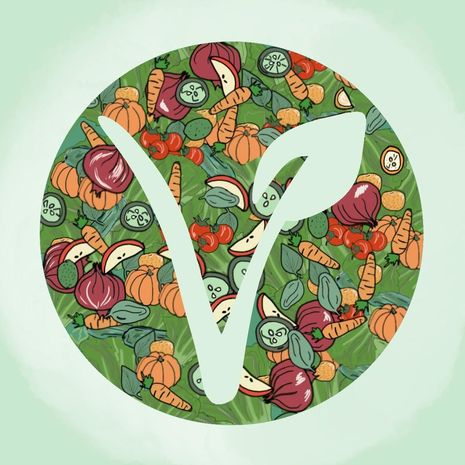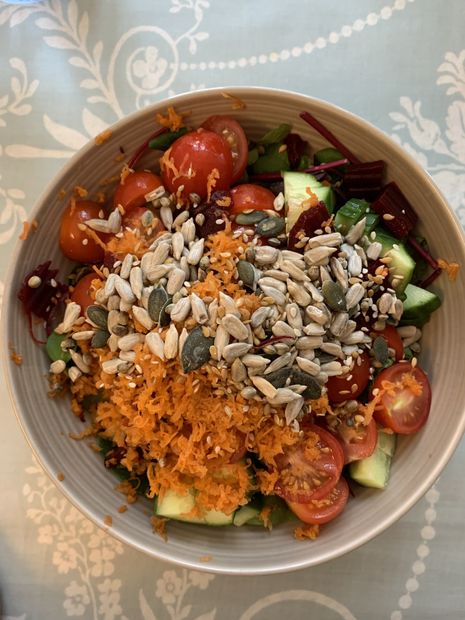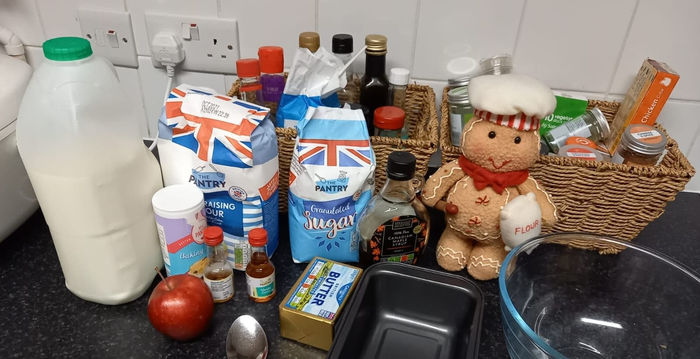Vegetarianism: What it can (and can’t) do for you
Anna Trowby takes a look at her own experiences of vegetarianism, and examines both the benefits and drawbacks of the veggie lifestyle

Content Note: This article contains brief mention of eating disorders.
My journey into vegetarianism began unexpectedly in French class. My teacher had the genius idea of seating me next to a vegan, who endlessly pestered me with her platitudes on widespread animal suffering caused by depraved, meat-gorging humans. It was hard not to feel cowed by these weekly sermons, and it was even harder eating meat when I had been lectured on the inhumane and environmentally unsustainable process by which an animal ended up on my plate. I could no longer hide behind a veil of ignorance, and I felt that I was directly complicit in harmful practices against creatures whose only fault was tasting good and providing a source of protein. So, to placate my classmate, save my soul, and get my French lessons back on track again, I decided to test out vegetarianism.
“I’m happy with my falafel wrap with pepper and guacamole...”
Although this encounter was the impetus for starting my new diet, I had always been intrigued by vegetarianism, especially because of its various benefits. This interest was first ignited when I visited a relative’s farm in Inner Mongolia and became traumatised for life after seeing a lamb get slaughtered for our meal (this is probably why I relate to Silence of the Lambs so much). I protested my family’s inhumane tactics by refusing to eat meat for three days … until a plate piled high with beef ribs was placed before me at lunch, at which point all principles flew out of my 10-year-old brain. When I was able to think more cogently about these issues, I found that I agreed with the ethical principles behind vegetarianism. I believed that humans should care for animals and not subject them to torturous living conditions; I could see how environmental sustainability can be encoded into a veggie diet. I was also alarmed by the general health benefits of being a vegetarian or vegan, which include lower risk of heart disease and certain types of cancer. Ultimately, I didn’t see much harm in giving up meat for a while. Little did I realise that this diet would stick around five years later.

There were numerous reasons why I decided to commit to vegetarianism after my brief trial period eating Quorn sausages and Linda McCartney’s meatballs (which taste delicious by the way). Aside from winning my classmate’s approval, I discovered how much I like vegetarian food. I’d always had a heavy meat diet, which often made me feel bloated for the rest of the day, but these problems subsided once I transitioned to veggie food. I also didn’t realise just how much variety there is with veg-based meals. Because we have such a meat-saturated culture in the UK, it can be easy to overlook the versatility of vegetables and fruit. Since taking up cooking last year, I’ve managed to make veggie meals ranging from sweet potato risotto to sag aloo curry that even my carnivorous family enjoy, and I’ve become a better chef for it.
Although there are numerous benefits to vegetarianism, I acknowledge that there are drawbacks to this diet. Certain vitamins are more difficult to get when eliminating meat-based sources, and veggies can have an increased risk of B12 or iron deficiency – this can be avoided with proper supplements or, better, a well-rounded diet. Vegetarianism isn’t quite the panacea it has been claimed to be by some proponents; some staple veggie foods are known to have environmentally and socio-economically destructive effects nearing, if not quite matching, those of meat production. Soya, found in tofu, meat-free alternatives and soya milk, is the second largest agricultural driver of deforestation worldwide after meat, while almond milk production is incredibly wasteful, requiring 74 litres of water to make a single glass of milk. In addition, the increased demand for quinoa from Western consumers has placed socio-economic pressure on Peruvian markets, pricing traditional consumers out of being able to afford their own principal ingredient.
I would also be wary of suggesting vegetarianism to people who have previously suffered from eating disorders. While I know individuals who have found solace in vegetarianism after experiencing an eating disorder, I also know some people (myself included) who found that the restrictive diet exacerbated pre-existing food issues. I’m personally in a better place with this, and I’m also in a better place of supplementing myself with vitamins, but as with any kind of diet, I’d suggest caution with setting yourself hard rules for eating habits. At the end of the day, you need to eat. If rotisserie chicken is what gives you sustenance, power to you. But I’m happy with my falafel wrap with pepper and guacamole, and I don’t regret going on a vegetarian diet at all.
 News / Hundreds of Cambridge academics demand vote on fate of vet course20 February 2026
News / Hundreds of Cambridge academics demand vote on fate of vet course20 February 2026 News / Judge Business School advisor resigns over Epstein and Andrew links18 February 2026
News / Judge Business School advisor resigns over Epstein and Andrew links18 February 2026 News / University Council rescinds University Centre membership20 February 2026
News / University Council rescinds University Centre membership20 February 2026 News / Petition demands University reverse decision on vegan menu20 February 2026
News / Petition demands University reverse decision on vegan menu20 February 2026 News / Caius students fail to pass Pride flag proposal20 February 2026
News / Caius students fail to pass Pride flag proposal20 February 2026










